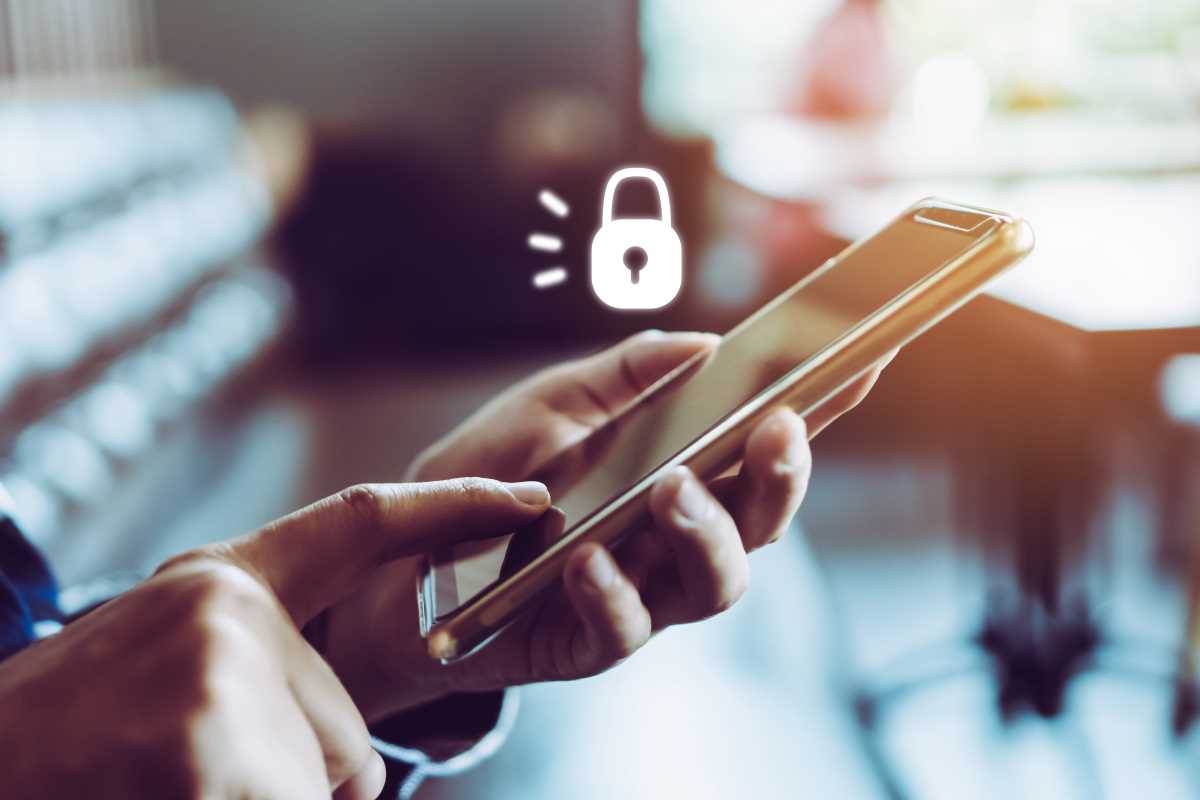Online financial management often brings a sense of uncertainty, particularly when digital threats seem to grow more sophisticated every day. Staying secure does not have to add unnecessary stress or complexity to your routine. By adopting a few simple habits, you can protect your financial details and ensure your peace of mind. This guide shares straightforward and effective tips so you can handle your online financial activities with greater confidence and security, allowing you to focus on what matters rather than worrying about potential risks. Discover how small changes can make a substantial difference in keeping your information safe.
Understanding the Risks of Online Money Management
When you handle your finances through the internet, you expose yourself to potential dangers like hacking, phishing, and identity theft. Recognizing these risks is the first step toward protecting your assets. Hackers often target unprotected accounts, using sophisticated methods to steal sensitive information. Phishing scams trick users into revealing passwords or personal data by posing as trustworthy sources. Identity theft can happen when thieves access your bank details or credit card information stored online. Staying aware of these threats challenges you to adopt safer practices and avoid common pitfalls that compromise your security.
Being proactive about your online security ensures that you control your financial information instead of leaving it vulnerable. Simple steps like regularly updating passwords, monitoring your accounts, and understanding how cybercriminals operate can drastically reduce your chances of falling prey to fraud. Remember, the goal isn't just to guard your money but to feel confident managing it in a secure environment. Taking these precautions transforms your online financial experience into a safe, empowering activity that keeps your peace of mind intact.
Practical Steps for Secure Online Money Management
- Use Strong, Unique Passwords for Each Financial Account
- Purpose: Protect your financial profiles from unauthorized access.
- Steps:
- Create complex passwords with uppercase/lowercase letters, numbers, and symbols.
- Avoid predictable details (birthdays, “123456,” “password”).
- Use a password manager to store and manage them securely.
- Change passwords regularly, especially after suspicious activity.
- Enable two-factor authentication (2FA) for an extra layer of protection.
- Insider Tip: Use biometric authentication where possible—it’s faster and harder to compromise.
- Keep Your Devices and Software Up to Date
- Purpose: Close security gaps hackers could exploit.
- Steps:
- Turn on automatic updates for devices and apps.
- Regularly check banking apps, browsers, and operating systems for updates.
- Download updates only from official sources.
- Uninstall unused apps and revoke unnecessary permissions.
- Insider Tip: Set a monthly reminder to review app permissions to reduce hidden risks.
- Secure Your Internet Connection and Use Reliable Networks
- Purpose: Prevent unauthorized interception of your online activity.
- Steps:
- Use trusted Wi-Fi with strong passwords and WPA3 encryption.
- Change default router credentials and hide your SSID.
- Avoid public Wi-Fi; if unavoidable, connect through a VPN.
- Disable file sharing and network discovery on public networks.
- Insider Tip: Reboot your router monthly—this clears potential malware and refreshes security settings.
- Monitor Your Accounts Regularly and Set Up Alerts
- Purpose: Detect unauthorized activity quickly.
- Steps:
- Review bank and credit card activity at least weekly.
- Enable transaction alerts for large withdrawals, deposits, or changes.
- Record balances and recent activity for easier reconciliation.
- Insider Tip: Use push notifications instead of email—they’re faster and harder for scammers to intercept.
- Trust Your Instincts and Recognize Phishing Attempts
- Purpose: Avoid falling victim to fraud and scams.
- Steps:
- Watch for red flags: misspellings, strange sender addresses, urgent tone.
- Hover over links to preview destinations before clicking.
- Avoid downloading attachments from unknown senders.
- Contact banks directly using official numbers if a message seems suspicious.
- Insider Tip: Remember—legitimate financial institutions will never ask for your PIN or password by email or phone.
Transform Your Online Money Management
Transform your approach to online money management into a secure and confident task by following these straightforward steps. Staying informed and vigilant allows you to enjoy the convenience of digital banking without compromising your financial well-being.
Consistently following simple habits protects your financial information and makes managing money online safer. These practices help you stay in control with confidence.







